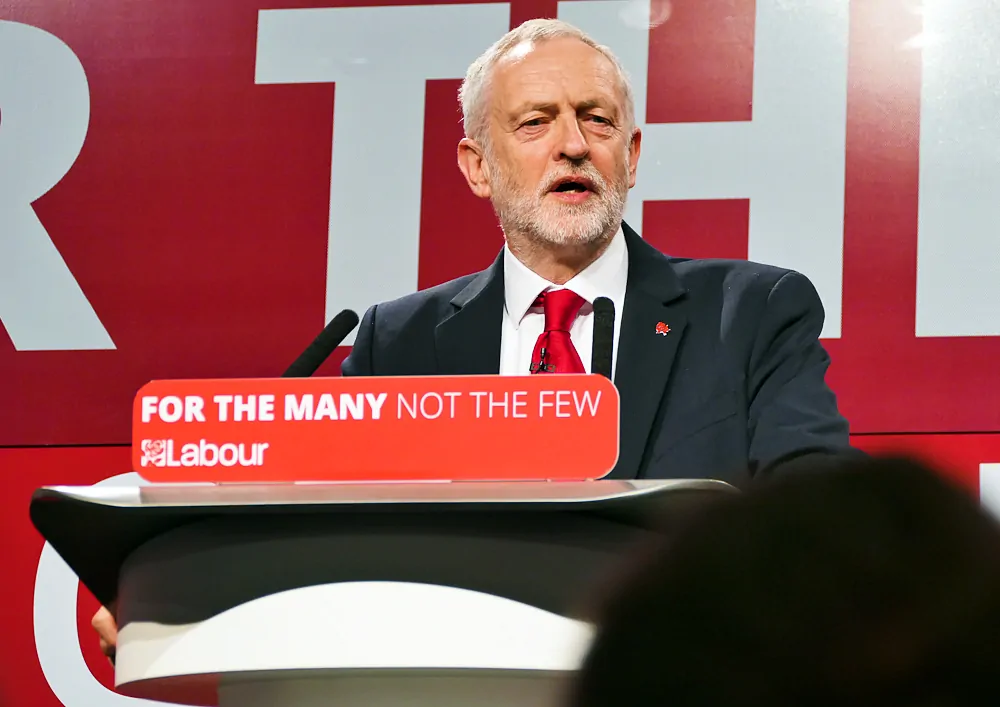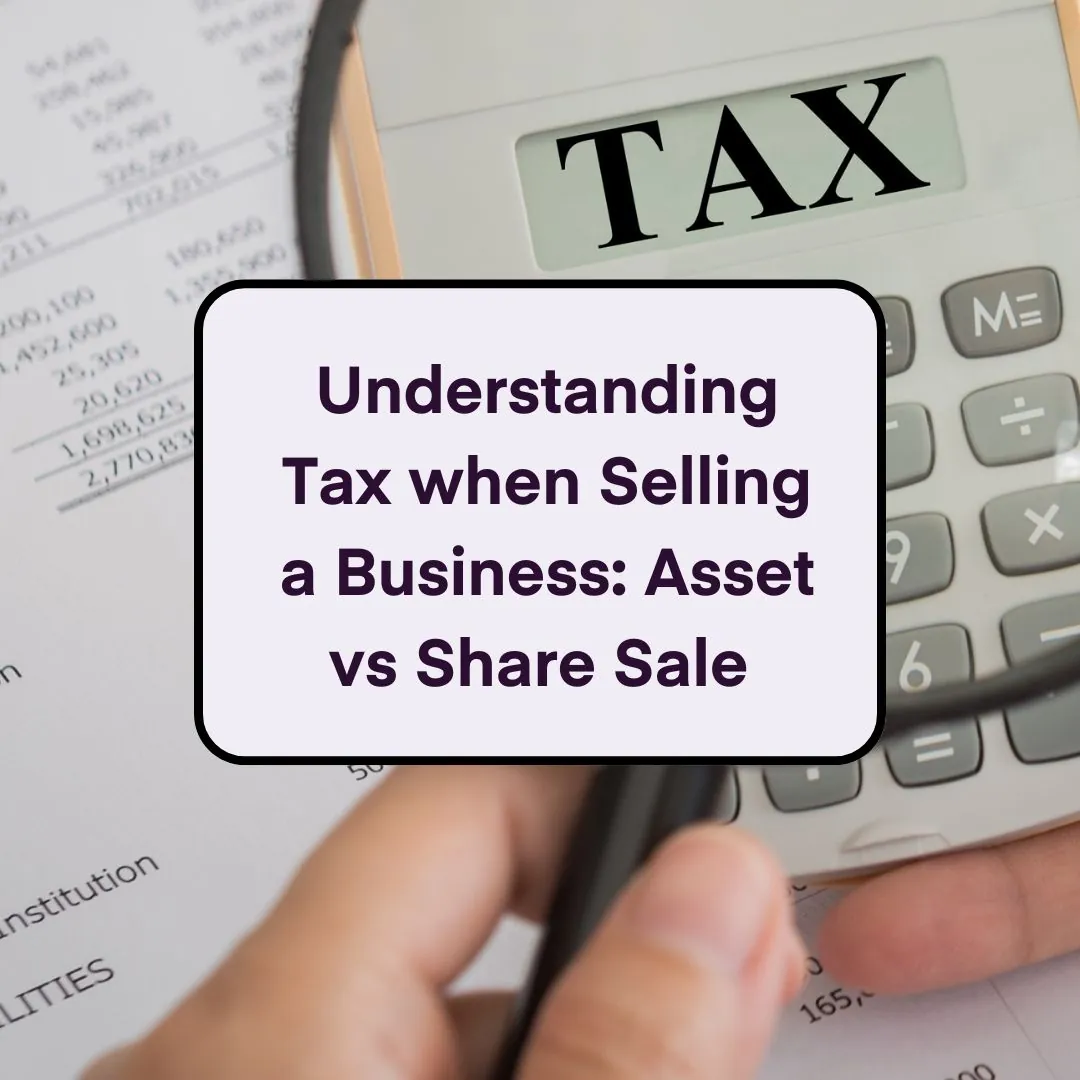
What would UK tax look like under Labour?
24 Sep 2019Tax under labour is something we have to consider.
As the Conservative party in power continue down the road to Brexit destruction, the reality is that the prospect of a Labour government is swelling in the background - as is the case with the cyclical swings in political power between the UK’s leading parties.
Originally thought to be scheduled for 2022, a Labour government looks like it could happen sooner rather than later considering a group of Conservative MPs are threatening to bring down the existing government by October should they opt for a no-deal Brexit.
In such a scenario, the door would be open for Labour to swoop in and retain the power they relinquished in losing the 2010 general election to their Conservative opposition.
To analyse how a Labour government would impact the UK’s tax system, Managing Director of our accountants in London, Keir Wright-Whyte, dives into the party’s plans to illustrate what we could expect from Labour leadership.
Thatcherite plans?
The Labour shadow chancellor, John McDonnell, has compared his fiscal plans to the revolution undertaken by Margaret Thatcher in 1979.
In fairness to McDonnell, that’s more or less where the similarities end.
Labour wants a break with the managerial tax policies of the Blair/Cameron years, and to transform the tax system to bring about a rehabilitated society.
At the heart of his ambition is the redirection of wealth and power to working people. This means seismic changes for income, inheritance and corporate.
To brandish Labour’s capitalism sceptical credentials, and help fund huge spending plans, there will be a raid on the banking sector with a financial transaction tax.
Taxing the rich and super-rich
Unsurprisingly, the prime target in this transformation will be the rich – which Labour categorises as the top 5% of earners.
The party wants to reduce the 45% additional income tax rate starting point from the current £150,000 to £80,000 per annum.
And to ensure the super-rich get a chance to make a fairer contribution, there will be a new 50% rate introduced for earners above £123,000 per annum.
It is well documented that nearly 70% of income tax comes from just 10% of taxpayers.
Whilst it makes for good headlines to the Labour heartland claiming this slice of earners should be paying more, the issue becomes stability of the tax base as their earnings are highly volatile.
Labour would also like to limit high salaries through the tax system. It is considering an excess salary levy.
This would charge 2.5% on salaries above £330,000 per annum, rising to 3% above £500,000 per annum.
Tackling the villain - Inheritance Tax
Possibility the most controversial tax reform being considered by a future Labour government is a scrapping of inheritance tax with a new life-time gift tax.
This would cover any payments or asset transfers from parents to children over £125,000 and any payments or housing transfers would be liable to income tax rates.
Labour believes this could raise nearly £10 billion.
This would do away with the tax planning opportunities in the current inheritance tax regime which enables parents to drip-feed wealth transfers to their offspring at least seven years before their deaths.
There is then a £325,000 threshold of transfers before 40% inheritance tax is due.
There are many problems and complexities to inheritance tax that makes it probably the most unpopular tax of all. But this halving of the threshold, and withdrawal of many loopholes, is probably not the reform the middle classes were hoping for.
Brexit triggers VAT shuffle
McDonnell has a preoccupation with VAT. He sees it as symbolic of the regressive structure of the current tax regime.
That is despite repeated studies showing, balanced with targeted welfare support, that VAT is one of the most effective taxing tools for raising revenues by fair means.
During the 2017 election, Labour talked loosely about cuts to the 20% standard rate of VAT.
That is economically implausible given the huge contribution it makes to the government income – about 17% today – and other Labour commitments to increased public spending.
But the UK’s exit from the European Union would open up freedoms for tinkering with reduced rates, which are strictly restricted by the EU VAT Directive.
Top of the list is imposing VAT on private education. Labour claims this could raise £1 billion per year.
Not a large amount; but a significant statement of intent of the commitment to fairness and breaking down the barriers to equality of opportunity.
Other VAT areas to be targeted with virtue-signalling rate cuts could include domestic fuel and ‘green’ spending.
Reversal of corporation and small companies’ tax
Next year, the UK is set to have the lowest corporation tax rate of the G20.
This completes 10 years of cuts, with the headline rates starting at 28% in 2010 and scheduled to be cut from 19% to 17% in 2020.
The new(ish) leadership of Labour sees these cuts as overly generous and indulgent. They plan a stepped reversal of this policy, rising to 26% within a few years.
This would set the UK at the European average – although this rate has been falling fast recently based on national competition to attract global business.
At the same time, Labour would reintroduce the small companies’ tax rate at 21% for profits below £300,000.
The Institute for Fiscal Studies has estimated that this could raise £19 billion per annum.
Although this calculation does not allow for likely tax planning and profits shifting following the tax hike.
Playing the Financial Transaction Tax card
Still seeking retribution for the 10 years of financial austerity following the banking crisis, Labour would look to raise £5.6 billion from a Financial Transaction Tax (FTT).
This would replace the existing 0.5% Stamp Duty on trades of quoted shares and extend it to bonds and derivatives.
Europe’s ambition for a similar ‘Robin Hood Tax’ has all but been abandoned.
A plan seven years ago for a €33 billion tax on all share and derivative trading has been watered down to a proposal for a €3 billion Stamp Duty resembling the current UK version.
At first look, Labour’s tax policies may seem like a 1970’s tribute band to failures of the tax and spend governments of all shades of politics.
But they do not lack ambition in at least taking on the complex absurdities of Inheritance Tax, as well as challenging the received Conservative wisdom that businesses must have lower corporate tax rates to prosper.
Even they do not claim that.
Only the close scrutiny of an election will tell us if the public is ready for a Thatcherite tax revolution of the left.
A Conservative Brexit implosion in October may just give us that opportunity before the year end.























